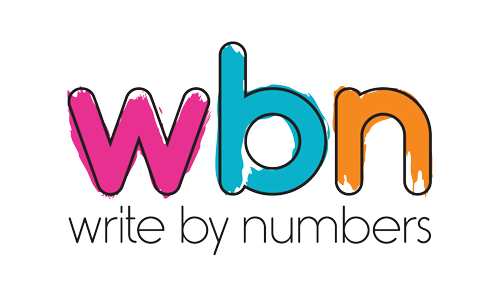To get to the point: the ROH‘s Twitter Opera – genuine attempt at opening up Opera to a new demographic or an easy way to seem ‘on trend’?
Unfortunately I couldn’t get to Covent Garden during the weekend to see the final product and there’s yet to be a film of the production uploaded so I can only go on the initial libretto, and the clips here and here.
The ROH are certainly not the first to harness user-generated content on Twitter; the New York Neo-Futurists regularly get people to tweet a play in 140 characters (It’s not as insane as it sounds given that it would leave plenty of room for Hemingway’s famous ‘For sale: baby shoes, never worn’), whist Resonance FM created a (yet to be recorded) radio play with dialogue first posted on twitter. But in terms of the freedom – and the size of the platform, a performance in the Paul Hamlyn Hall is not to be scoffed at – the ROH’s experiment certainly has something a little bit unique about it. Not to mention that it’s an opera and, well, if theatre has problems about seeming inclusive then Opera is in another league.
The ROH likened the process to those Adventure books you had as a child where you picked which option you wanted to take and thereby created your own story. Only this story had (at last count on its twitter page) 2,134 followers and therefore people chosing to ‘take the path by the river’ (or suchlike). How many of those contributed I don’t know – though I would like to see the stats (and those about the percentage of lines that were directly quoted tweets)- but what is clear from the tweets is that there was real imagination and sense of spontaneity in those who contributed. And let’s be clear – weird stuff happens in Opera and, crikey, does some weird stuff happen in Twitterdammerung (confession time: its name made me chuckle. I am clearly a geek).
Given the fun the creators had with it I suspect that this project will be most successful in the journey rather than the destination. I am willing to be surprised but I suspect the whole process for the ROH has had very little to do with the final result (we are, after all, still waiting for the video of it…).
The test is in what the ROH does next. As a one off stunt it would smack of opportunism (and the ROH have garnered a lot of press from its sheer novelty value), but it does point to a different way to engage with an audience. How might that be taken forward? Could the ROH link twitter creativity to its main house output (stories for minor characters, on a theme etc)? Part of the joy of Twitterdammerung was how open the brief was, but is there ways to structure the brief to provide a less unweildy creation (or would they even want to)? Then there’s the issue of archive and how this is recorded (if at all). Certainly a presence on the main website rather than only the wordpress blog would be a good start.
And then the rather meaty question of whether the ROH believes that something artistically viable can come out of twitter (in the manner which Resonance FM clearly do) or whether it is simply a way of being more inclusive (in which case, a discounted performance for those tweeting?).
I’m intrigued to find out…
